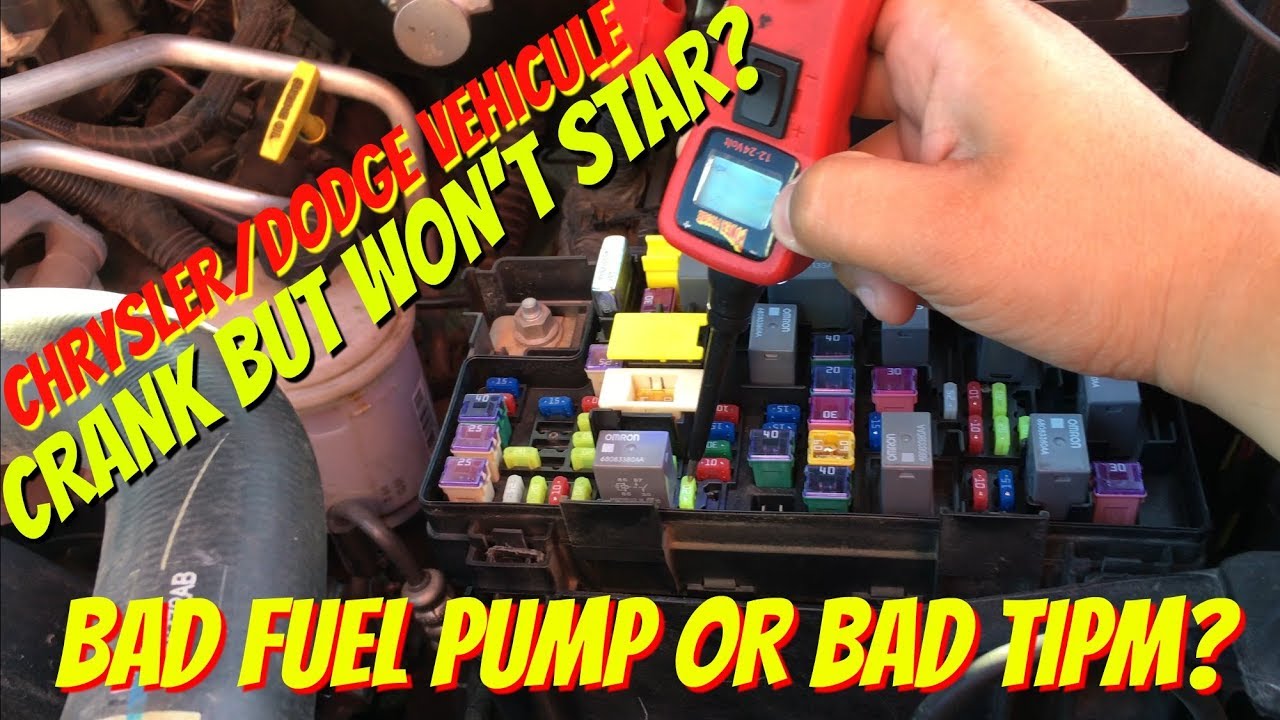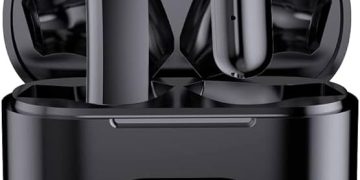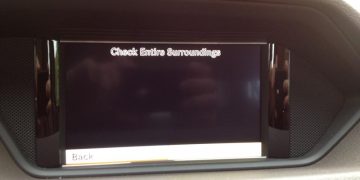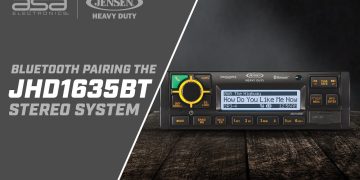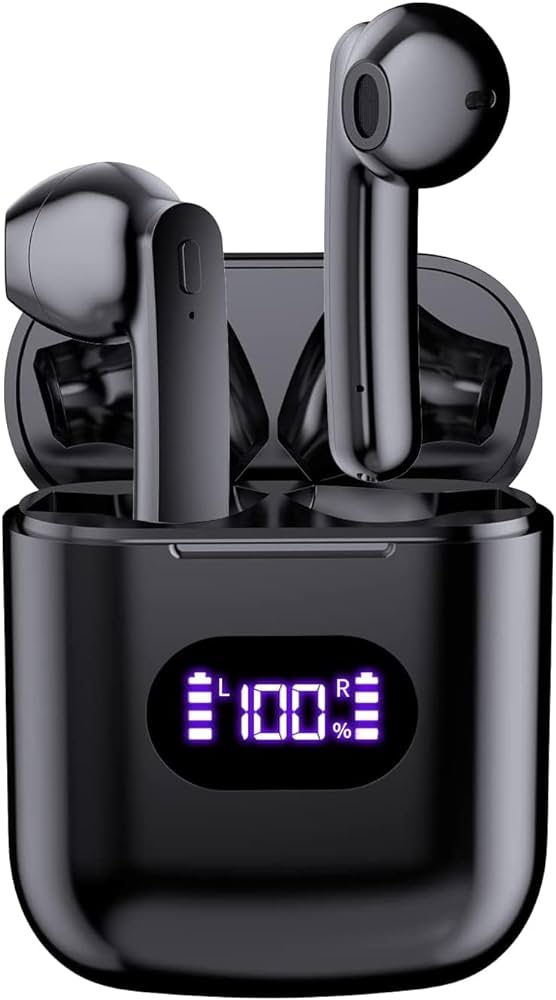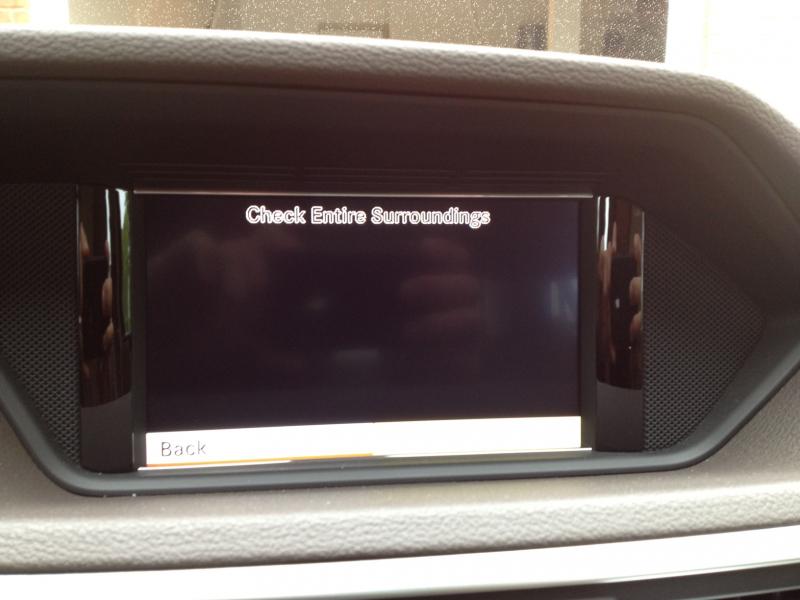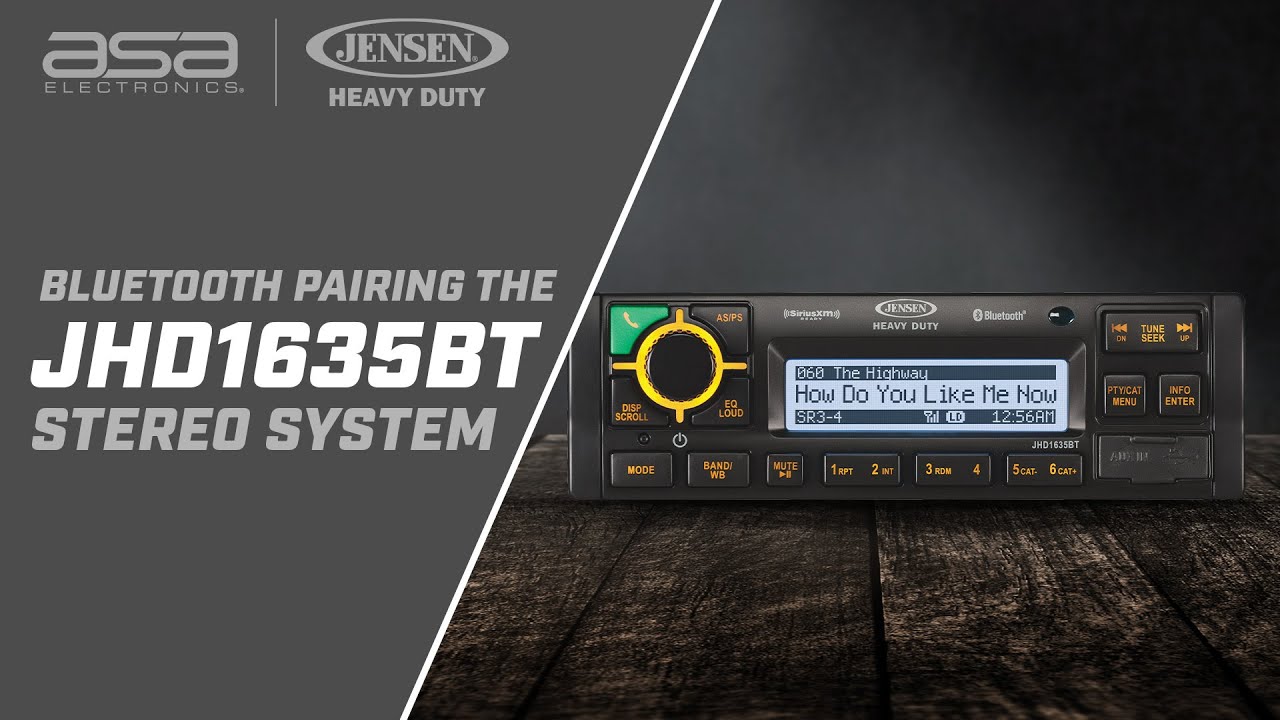The 2014 Dodge Charger may fail to start due to issues with the fuel system or ignition. It’s important to check the fuel pump, spark plugs, and ignition coil for potential malfunctions.
Begin by ensuring the fuel pump is delivering an adequate supply of fuel, then inspect the spark plugs for signs of wear or damage. Additionally, the ignition coil should be tested to determine if it is sending the necessary voltage to the plugs.
If these components appear to be functioning correctly, it may be beneficial to conduct a diagnostic scan to identify any potential electronic issues. By systematically examining these potential problem areas, you can troubleshoot the cranking, non-starting issue with your 2014 Dodge Charger.
Table of Contents
ToggleTroubleshooting A 2014 Dodge Charger Failure To Start
When your 2014 Dodge Charger fails to start, it can be frustrating and inconvenient. To effectively troubleshoot the issue, you need to know the common symptoms to look out for and how to conduct initial checks on the vehicle. This will help you diagnose the root cause and get your Charger back on the road promptly. Let’s delve into troubleshooting a 2014 Dodge Charger failure to start.
Common Symptoms And Initial Checks
Before diving into detailed diagnostics, it’s important to be aware of the common symptoms that indicate a potential problem with your 2014 Dodge Charger’s starting system. Some key indicators include:
- Engine cranks but doesn’t start
- Intermittent starting issues
- Unusual noises during cranking
These symptoms can point to various underlying issues, ranging from electrical faults to fuel delivery problems. Conducting initial checks when you encounter these symptoms is crucial to narrow down the potential causes.
Battery And Electrical Connections Assessment
The first step in troubleshooting a no-start condition is to assess the condition of the battery and the electrical connections. Start by checking the battery for the following aspects:
- Battery voltage: Ensure the battery voltage is within the manufacturer’s specified range.
- Corrosion: Inspect the battery terminals and cables for any signs of corrosion or buildup.
- Connections: Tighten and secure any loose connections between the battery and the starter motor.
It’s vital to verify that the battery is supplying adequate power to the vehicle’s starting system. In addition, inspecting and cleaning the electrical connections can help eliminate any issues stemming from poor contact or corrosion.
Pinpoint The Start Issue
Pinpointing the start issue in a 2014 Dodge Charger that cranks but won’t start is essential for getting the vehicle back on the road. Effective troubleshooting requires a systematic approach, focusing on key components such as the starter motor, solenoid function, ignition switch, and key fob. By narrowing down the potential causes, you can save time and money in identifying and resolving the problem.
Starter Motor And Solenoid Function Tests
When diagnosing a no-start condition in a 2014 Dodge Charger, it’s crucial to begin with a thorough assessment of the starter motor and solenoid. These components are responsible for initiating the engine’s cranking process, and any malfunction can prevent the vehicle from starting.
To test the starter motor and solenoid, follow these steps:
- Check battery voltage to ensure it meets the manufacturer’s specifications.
- Inspect the wiring connections for corrosion or damage.
- Perform a voltage drop test to determine the condition of the starter circuit.
- Use a multimeter to measure current draw during cranking.
Ignition Switch And Key Fob Issues
The ignition switch and key fob are integral to the start process, and any issues with these components can lead to a no-start situation. When addressing potential problems with the ignition switch and key fob, consider the following:
- Check for worn or damaged key fob buttons and replace if necessary.
- Inspect the ignition switch for signs of wear or electrical malfunctions.
- Test the key fob battery to ensure it has an adequate charge.
- Verify that the key fob is properly programmed to the vehicle.
Fuel And Air Delivery Problems
Fuel and air delivery problems are common reasons why a 2014 Dodge Charger may crank but not start. These issues often stem from inadequate fuel supply or restrictions in the air intake system. This section will guide you through the diagnostics and possible solutions under the subheading: Fuel and Air Delivery Problems.
Checking The Fuel Pump And Fuel Pressure
When diagnosing a cranks-but-won’t-start issue, the fuel pump and fuel pressure should be among the first components to inspect. A malfunctioning fuel pump or low fuel pressure can prevent the engine from starting.
Here’s a basic checklist to follow when checking the fuel pump and fuel pressure:
- Ensure the fuel pump fuse and relay are functional.
- Inspect for any signs of fuel leaks or damage to the fuel lines.
- Connect a fuel pressure gauge to the Schrader valve on the fuel rail and check the pressure against the manufacturer’s specifications.
Air Intake And Filter Blockage Inspection
Blockages in the air intake system can impede the necessary airflow for combustion, leading to starting issues. A clogged air filter or a obstructed air intake can disrupt the air/fuel mixture and prevent the engine from firing up.
To inspect for air intake and filter blockages, follow these steps:
- Remove the air filter and check for excessive dirt or debris.
- Examine the air intake ducts for any obstructions or damage.
- Utilize a flashlight to look into the intake manifold for any signs of blockage or foreign objects.
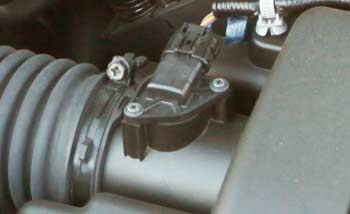
Credit: www.samarins.com
2014 Dodge Charger Cranks But Wont Start
When your 2014 Dodge Charger cranks but won’t start, it can be frustrating and concerning. There are several potential reasons for this issue, including problems with the engine control unit (ECU) and error codes, as well as timing and sensor malfunctions related to starting. By understanding these potential issues, you can troubleshoot the problem and get your Charger back on the road.
Engine Control Unit (ecu) And Error Codes
In many cases, when a 2014 Dodge Charger cranks but won’t start, the problem may be related to the engine control unit (ECU) and associated error codes. The ECU is responsible for managing various aspects of the engine’s operation, including fuel delivery and ignition timing. If the ECU detects a fault, it may prevent the engine from starting or limit its performance.
Timing And Sensor Malfunctions Related To Starting
Another common issue that can cause a 2014 Dodge Charger to crank but not start is timing and sensor malfunctions. The engine relies on precise timing and input from various sensors to start and run properly. If any of these components fail or malfunction, it can prevent the engine from starting.
Ignition And Spark-related Hurdles
The ignition and spark-related hurdles can often be the root cause of a 2014 Dodge Charger cranking but failing to start. Ignition issues can lead to frustration and uncertainty, making it crucial to identify and address potential problems related to the spark system.
Spark Plugs And Coils Condition Assessment
When troubleshooting a cranking but non-starting engine, it’s essential to start with the basics. Check the condition of the spark plugs and ignition coils. Damaged or worn-out spark plugs can lead to a weak ignition spark, hindering the start-up process. Inspect the spark plugs for signs of fouling, wear, or carbon buildup. The ignition coils should also be examined for any signs of damage or deterioration, as they are crucial in generating the high-voltage spark required to ignite the fuel-air mixture in the cylinders.
Distributor And Rotor Analysis In Engine Start
In older models like the 2014 Dodge Charger, a distributor and rotor are key components responsible for distributing the high-voltage current to each cylinder in the correct firing order. Malfunctioning distributor caps, rotors, or ignition modules can disrupt this process, resulting in a failure to start. Carefully inspect these components, checking for cracks, carbon tracking, or other signs of wear that may be impeding the efficient transfer of electricity to the spark plugs.
Final Diagnostics And Solutions
After going through the necessary diagnostic steps to address a 2014 Dodge Charger that cranks but won’t start, you might find it necessary to delve deeper into the root of the problem. The final diagnostics and solution can help you get your vehicle back on the road safely and efficiently.
Step-by-step Guide For Resolving The Starting Issue
To resolve the starting issue with your 2014 Dodge Charger, follow these step-by-step instructions:
- Check the fuel system: First, ensure that the car has enough fuel. If the fuel gauge indicates a low level, refuel the vehicle. Next, inspect the fuel pump, fuel injectors, and fuel filter for any signs of damage or blockages.
- Inspect the ignition system: Check the spark plugs, ignition coils, and ignition cables for wear and tear. If any components look worn out or damaged, they may need to be replaced.
- Examine the battery: Test the battery to ensure it has adequate power. If the battery is old or weak, consider replacing it to improve the starting capacity of the vehicle.
- Verify the engine timing: Check the timing belt or chain to ensure it is in good condition and properly aligned. Any issues with the timing system can prevent the engine from starting.
- Scan for error codes: Use an OBD-II scanner to check for any error codes that may indicate specific issues with the engine or other vehicle systems.
- Consult the vehicle manual: Refer to the Dodge Charger’s manual for additional troubleshooting tips specific to your vehicle’s make and model.
When To Seek Professional Automotive Help
If you’ve gone through the steps above and still can’t identify or resolve the problem causing your 2014 Dodge Charger to crank but not start, it may be time to seek professional automotive help. A qualified mechanic or automotive technician can provide advanced diagnostic testing and repair services to address complex issues that are difficult to diagnose and fix on your own.
Frequently Asked Questions Of 2014 Dodge Charger Cranks But Wont Start
Why Is My 2014 Dodge Charger Cranking But Not Starting?
When your 2014 Dodge Charger cranks but won’t start, it could indicate issues with the fuel system, ignition, or battery. Check for fuel pressure, spark, and battery health to troubleshoot the problem.
What Could Be The Possible Reasons For A Cranking But Not Starting Issue In My Dodge Charger?
Several potential reasons can cause a cranking but not starting issue in your Dodge Charger, including a faulty fuel pump, ignition system problems, or issues with the battery or starter. Having a professional diagnostic scan may help identify the exact cause.
How Can I Troubleshoot A Cranking But Not Starting Problem In My 2014 Dodge Charger?
To troubleshoot a cranking but not starting issue in your 2014 Dodge Charger, first, check the fuel system, inspect the ignition components, and ensure the battery is functioning properly. If these basic checks don’t resolve the issue, seeking professional assistance is recommended.
Conclusion
After exploring the possible reasons why a 2014 Dodge Charger cranks but won’t start, it’s crucial to seek professional help if DIY troubleshooting doesn’t solve the issue. Remember to prioritize safety and thorough assessment to diagnose and fix the problem effectively.
Understanding the root cause will keep your Dodge Charger running smoothly.


